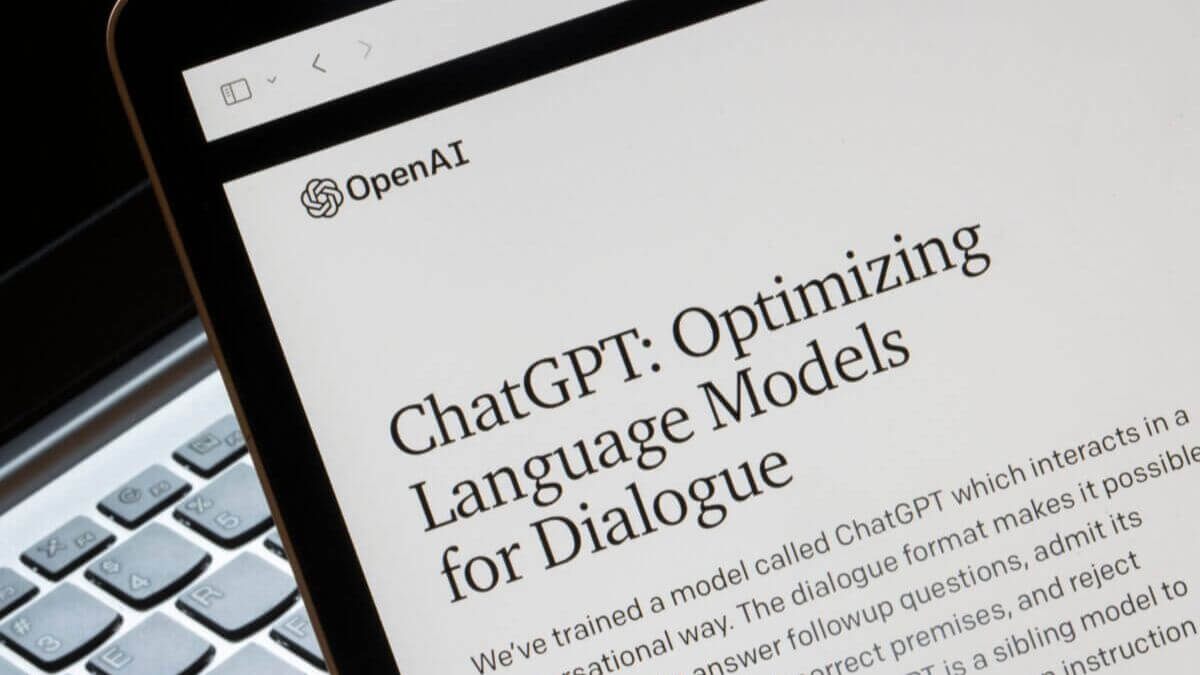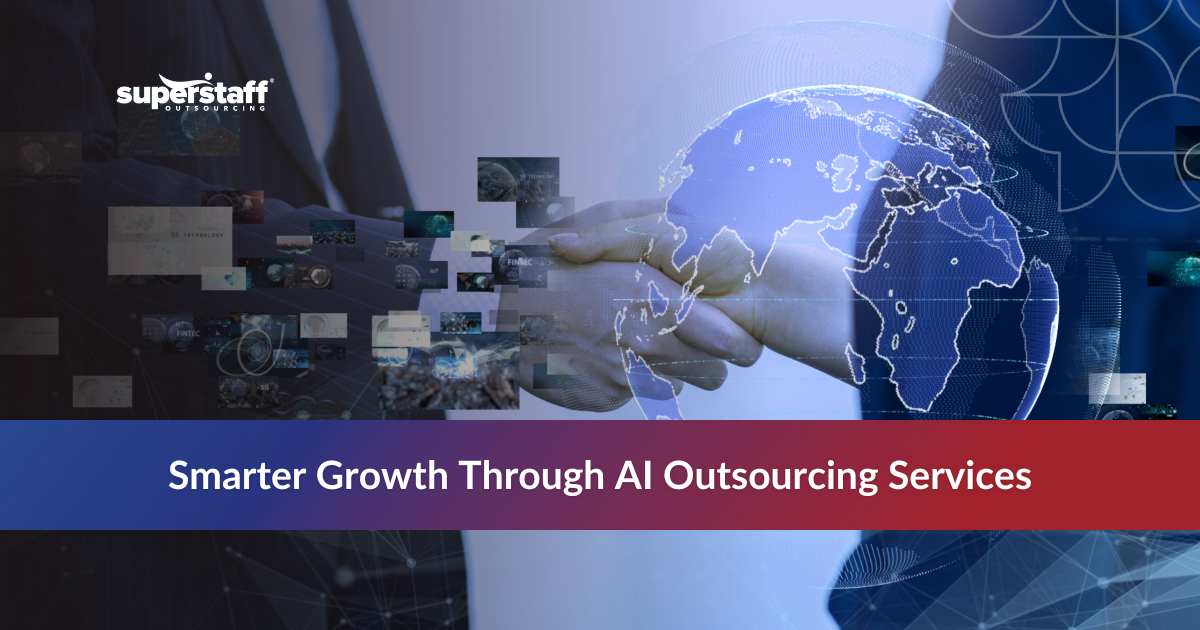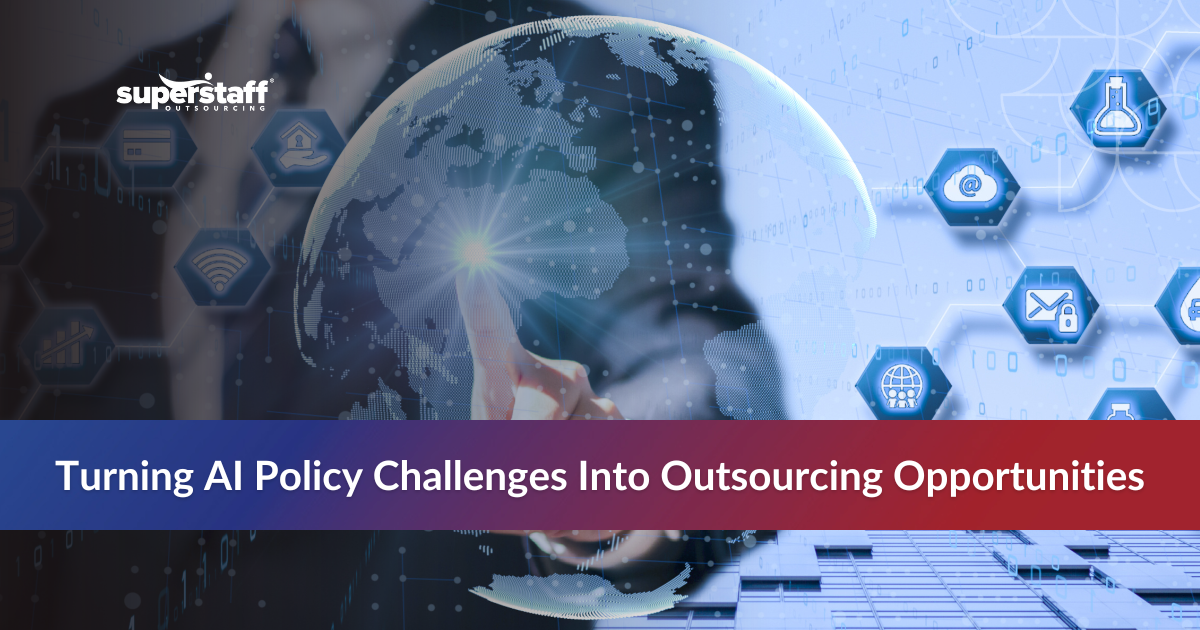
Since its launch in November 2022, ChatGPT has been making headlines worldwide. The innovative artificial intelligence tool has generated buzz for its highly advanced natural language processing (NLP) capabilities, which can be applied to various businesses and sectors.
Educators have been worried about students using the tool to write their essays, while marketers have debated the pros and cons of using AI for content creation.
Even established players in the tech industry, like Microsoft and Google, have been rushing to apply this new technology to their existing systems.
But what about the customer service field? Can ChatGPT be used for automating customer support interactions? Can this AI tool replace human customer service agents?
Is ChatGPT for customer service a friend or a foe? Let’s find out.
What Is ChatGPT?
Before we delve into the uses of ChatGPT in the customer service industry, let’s first answer these questions: What exactly is ChatGPT, and how does it work?
ChatGPT is an artificial intelligence (AI) chatbot that uses Natural Language Processing (NLP) and deep learning techniques to generate human-like text responses.
“GPT” stands for Generative Pre-Trained Transformer, a language model that allows users to enter prompts and receive, in turn, written texts or chats generated by the AI.
This AI-powered chatbot was developed by a company called OpenAI, which was co-founded by Elon Musk in 2015 and backed by several established investors from the tech industry, including Microsoft.
What Does ChatGPT Do?
Compared to the average customer service chatbot, what sets ChatGPT apart is its ability to provide detailed and human-like responses to prompts sent by users, even having almost natural conversations at times.
The AI was specifically trained to understand the customer’s intent in a question and respond to virtually any task that can be answered through text. For example, some people have asked ChatGPT to write short stories in a specific author’s style, answer questions about a particular niche, create poems, write code, or even answer math problems.
Since ChatGPT is pre-trained, it can leverage an extensive knowledge base and provide relevant responses quickly and efficiently.
Uses of ChatGPT in the Customer Service Industry

Now that we understand what ChatGPT is and what it can do, let’s talk about whether the AI tool can be used in a company’s customer service operations.
Much like other chatbots, ChatGPT is most beneficial for responding to written text, such as emails, social media messages, website comments, live chat, or even customer reviews.
Here are just a few of the ways businesses can utilize ChatGPT for customer service:
Replying to Frequently Asked Customer Questions and Feedback
Today’s consumers have many avenues for reaching out to support teams, such as email, social media, and live chat. And no matter where they send their feedback, they’ll expect a speedy response from your CS agents.
However, the truth is that replying to all customer complaints, questions, and feedback from multiple different platforms can be overwhelming. Thankfully, ChatGPT can help you handle customer inquiries quickly and efficiently.
Businesses can use this AI tool to create automated responses to frequently asked questions, help give CS teams fresh ideas on how to respond to customer complaints, and even make simple “how to” guides that walk customers through standard processes they’ll have to follow.
To boost customer satisfaction, brands can also consider using ChatGPT to perform sentiment analysis. You can ask the tool to summarize common customer feedback in your industry, allowing you to be proactive and prepare for what your target customers might think or say.
Creating Notification Emails for Clients
Ensuring smooth customer service operations is about more than just answering questions and responding to complaints. The best way to improve customer service is by anticipating problems and communicating openly with your buyers instead of simply waiting for them to reach out to you.
One way to utilize the ChatGPT model to enhance your customer experience is by creating notification emails or messages. This way, you can proactively inform your clients about potential issues in the future or give them ample warning when a disruption may occur.
For example, if your company website or app will be undergoing scheduled maintenance, inspection, or planned shutdown, you can tell your users ahead of time so that they won’t be blindsided when it happens.
Responding to Negative Customer Reviews
In addition to answering customer inquiries and creating notification emails, the generative AI tool can be helpful for responding to reviews. Sometimes, human customer support can get burned out reading and replying to negative comments repeatedly.
These sorts of repetitive tasks are exactly what ChatGPT can be good for. Utilizing its large language models, the AI tool can generate responses that adequately address negative reviews or offer replies close to what your CS teams need.
Can ChatGPT Replace Human Customer Service Agents?
The honest answer is: no.

Despite being a genuinely impressive piece of technology, ChatGPT still can’t offer perfect customer support without human intervention.
As of February 2023, the conversational AI still has various limitations that make it impossible to completely replace human customer service representatives.
Limitations of ChatGPT for Customer Service Interactions

Not all customer inquiries are made through chat messages. Despite having many customer service platforms at their disposal, from email to social media, many consumers still prefer talking over the phone.
And that’s the thing about ChatGPT: The AI’s generative models are great at written text generation, but they cannot be used for voice calls.
According to recent studies, 76% of customers still prefer the traditional medium of phone calls when reaching out to their chosen brands. Other surveys have found that more than half of consumers dislike “automated telephone systems” and would rather be connected to a human agent immediately upon calling.
Make sure to cover all bases regarding customer service and give your clients the option to reach out to you over the phone, not just through email, chat, and other written communication methods.

The truth about customer service is that waiting to provide the best answer is often better than just giving a speedy first response.
ChatGPT may be quick to respond to prompts, but it does not always provide a correct answer to your questions. As such, it is dangerous and inadvisable to allow these AI models to assist customers without more fine-tuning because they provide irrelevant or inaccurate information at times, especially for unique queries.
By the admission of ChatGPT’s creators, the AI-powered large language model sometimes “writes plausible-sounding but incorrect or nonsensical answers.” This is because the chatbot developed by OpenAI does not access the Internet and instead searches for answers from its large dataset, which includes flawed and outdated data.
Recently, Microsoft has been developing “Bing 2.0,” a new AI-powered search engine similar to ChatGPT. The new Bing was marketed as being able to give customers an interactive chat experience wherein it summarizes answers clearly and concisely. However, after much fact-checking, it still has the problem of providing misleading or inaccurate answers.
Until these Generative Pre-Training Transformer tools are thoroughly fine-tuned, tech leaders like Apple co-founder Steve Wozniak warn businesses and individuals not to rely too much on them for information.

Here’s another thing you must remember about ChatGPT: Despite having the most advanced language models available to the public, the AI tool can only be trained on new data by its owners.
So, you cannot input customer-specific data onto ChatGPT, making it unlikely to provide a tailored experience for users. At the same time, the conversational AI likely won’t have information particular to your business, products, and services. It can only provide generic responses to customer inquiries.

This is the most significant limitation of ChatGPT for customer service.
ChatGPT can answer frequently asked questions or respond to simple feedback. Still, it cannot solve new problems, acquire new knowledge through organic interactions, help customers feel at ease, or provide services requiring a genuine human touch.
Many customers feel that ChatGPT’s answers are too formal or unemotional for their taste. On the other hand, human call center agents can quickly adapt their speech and responses to the situation’s needs.
For example, if a customer feels sad and wants to vent, a human CS agent can show empathy and understanding–two things that ChatGPT cannot truly do.
Read More: AI vs. Customer Service Agents: Are Humans Replaceable?
What Your Customers Really Want: Authenticity Over Automated Responses
Although AI tools are likely here to stay, businesses should not see a software like ChatGPT as a replacement for human customer service interactions.
The 2022 Global Consumer Trends Report by Qualtrics XM shows that today’s customers crave genuine, authentic, and human customer service now more than ever.
According to the report, 62% of customers wish brands would show that they care about them as individuals, and 60% say they’re willing to pay more if they’re treated better by their chosen brands.
Improving your customer experiences is about more than just listening to and acting on feedback. Today’s consumers expect their chosen brands to create genuine relationships with them, understand their wants and desires, and then customize your messages based on their needs.
By simply treating customers as people and nurturing your relationship with them, your business can foster brand loyalty and advocacy on a much grander scale.
Read More: Customer Service in 2023 and Beyond: Top 7 Emerging Trends in Customer Care
Should You Use ChatGPT for Customer Service or Invest in a Human Support Team?

ChatGPT can help automate or streamline simple customer service tasks such as answering frequently asked questions or providing standard social media responses and email notifications. However, it still cannot fully replace genuine and authentic human interactions.
For complex cases and voice calls, human call center agents are still your best bet.
In Forbes’ 2023 CX Trends Report, industry experts predict that automated customer self-service options will become more widespread. AI tools like ChatGPT can be beneficial for creating standard responses for these self-service platforms.
At the same time, industry analysts expect that more and more brands will emphasize empathy and authenticity in their marketing and customer service efforts in 2023 and beyond.
Start Investing in the Future of Your Business Today
Instead of seeing ChatGPT as a “replacement” for human customer service, the smart move for businesses will be to invest in human agents while still making room for a few innovations here and there. Working with an experienced call center like SuperStaff can be like reaping the best of both worlds.
SuperStaff hires the best customer support workers in the industry and invests in their professional development, helping them reach their full potential so that they can serve our customers to the best of their ability. At the same time, we keep an eye out for the latest technologies and trends, utilizing them where we can to improve productivity and efficiency.






